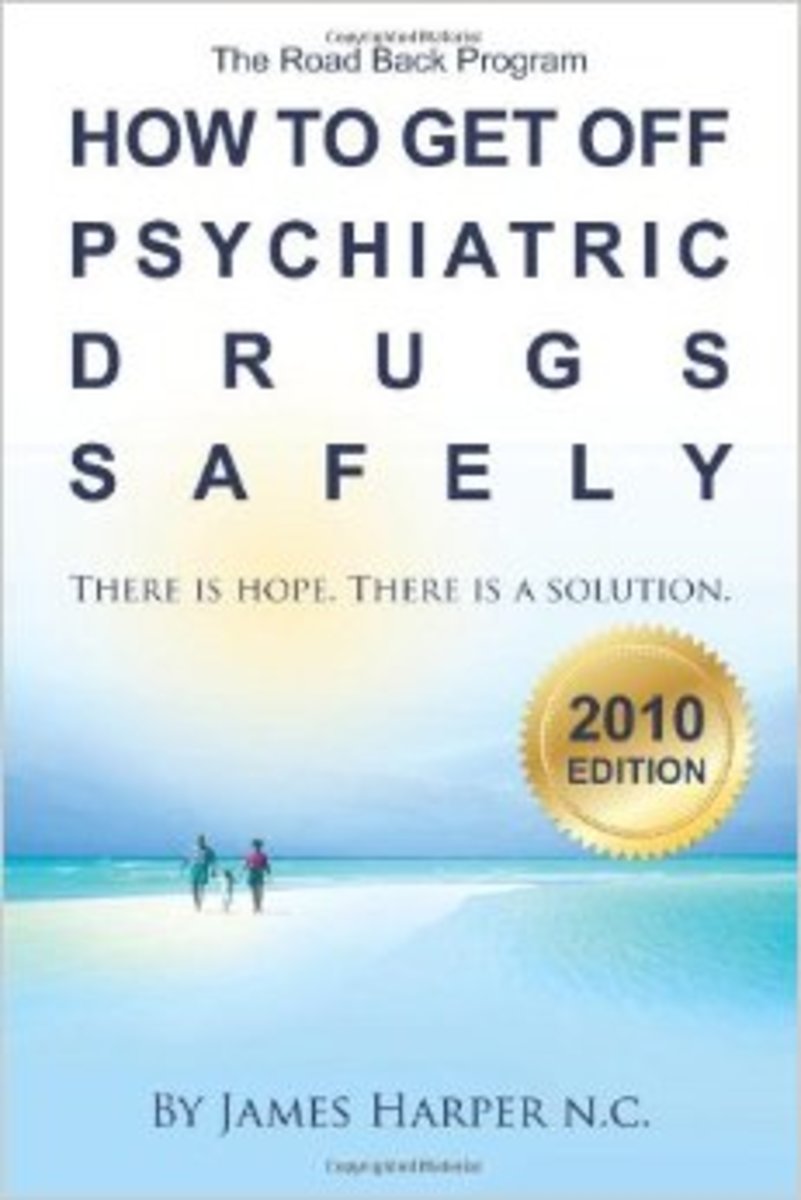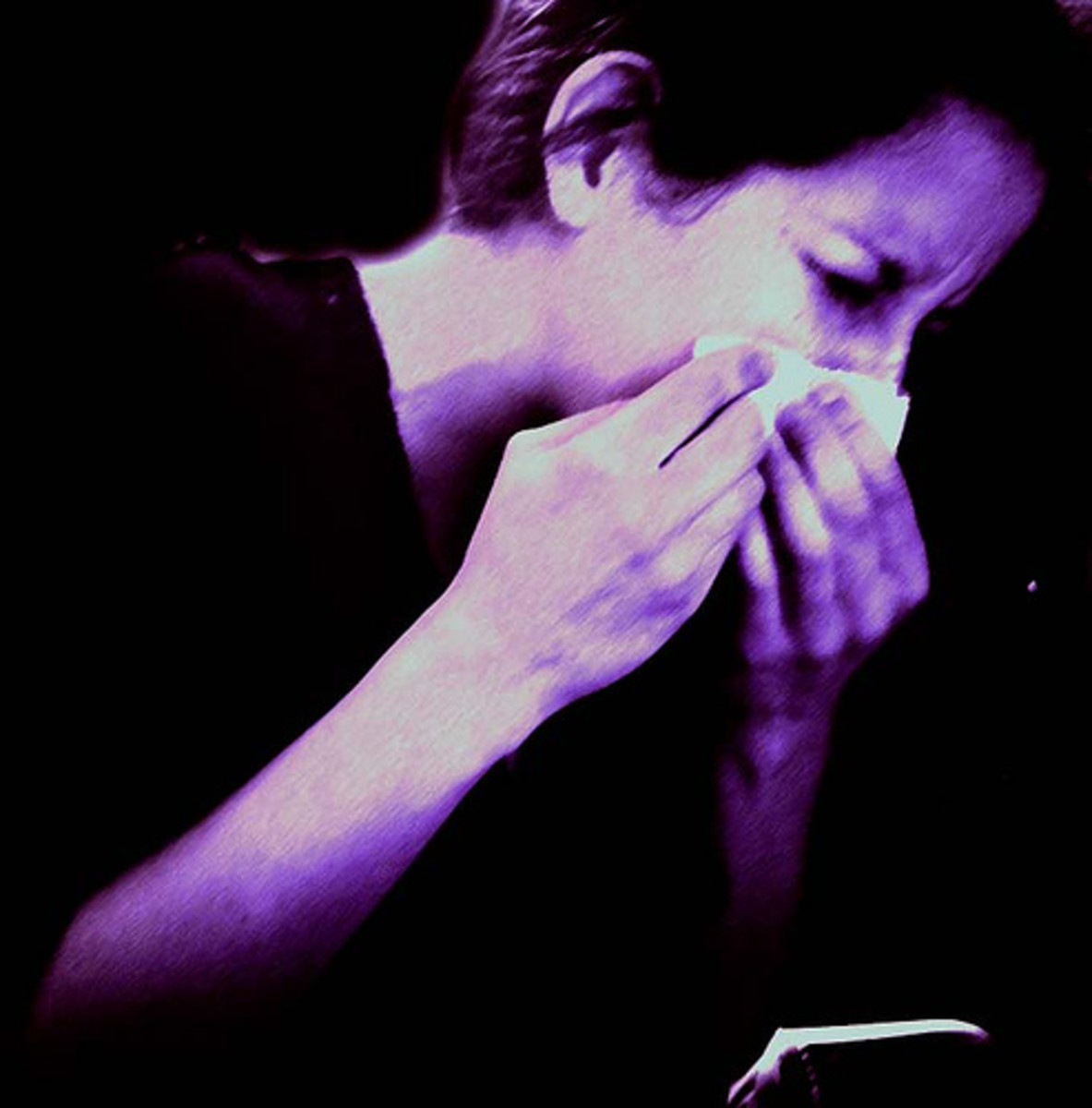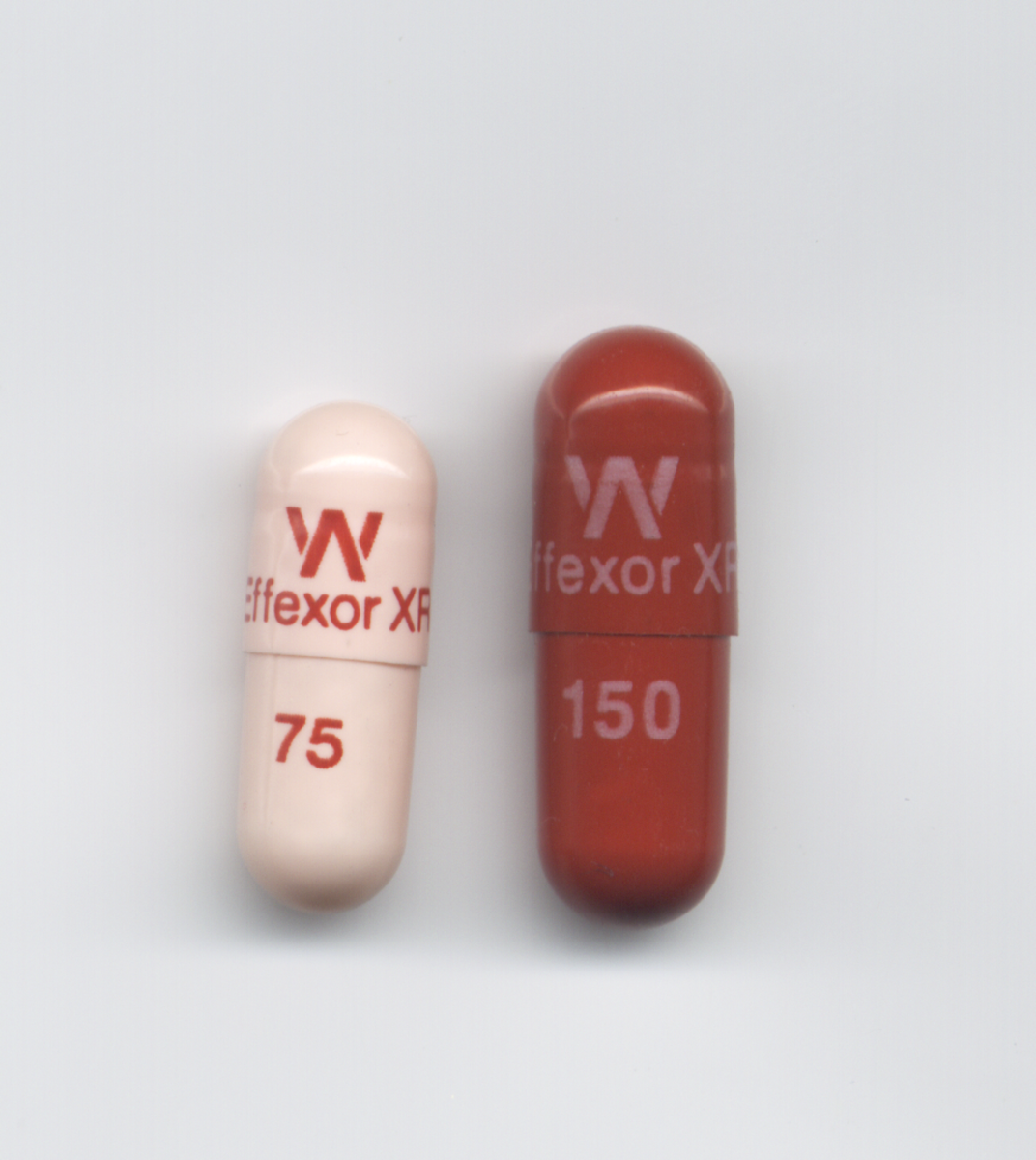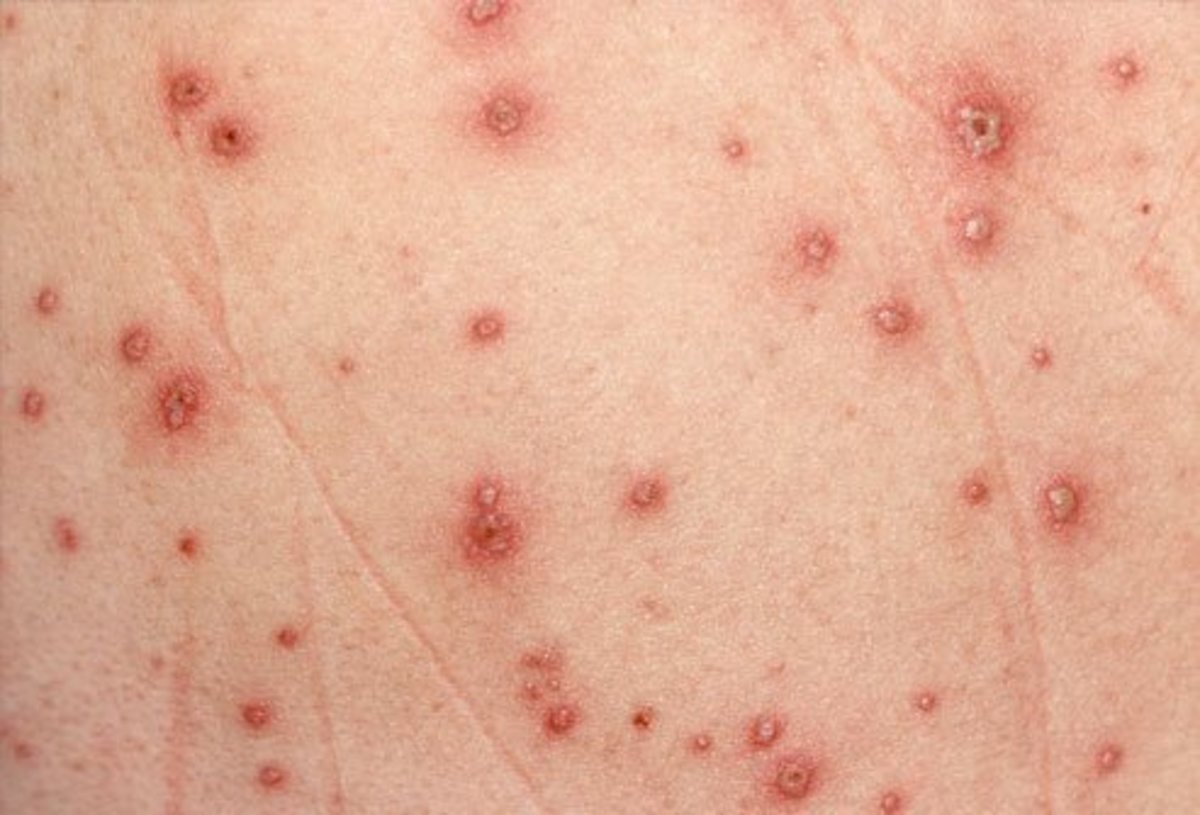How to Safely Withdraw from Methadone
Personal Note From Author
Someone very close to me has been going through vicious circles in an attempt to get her life back after some years as a heroin addict. Through my experience with her and the research I've done to aid in journey to recovery, I've learned a great deal about addiction to opiates and methadone treatment.
I am sharing this information with you in the hope it will make your own -- or someone close to you -- recovery have a greater chance of success. You can do it.
What Is Methadone?
Methadone is a synthetic analgesic -- pain medication -- that is used to reduce withdrawal symptoms in people addicted to heroin, morphine and narcotic pain relievers such as oxycodone.
Methadone itself is addictive and may seem an odd choice to treat a like addiction. The different with methadone is that it blocks the pain, but does so without producing euphoria or a "high."
In theory, this sounds like a good idea. On the street, addicts are all too aware that they will be trading one addictive substance for another.
Methadone, when prescribed by a physician or provided through an addiction clinic is legal to use, so addicts no longer have to be concerned about illegal drug use. Methadone use also answers a huge health issue of injectable drugs, namely the risk of spreading infection and disease through the use of shared or re-used needles and the methadone will always be prescribed in a certain dose, where street drugs are erratic in their strength, making the risk of overdose ever-present.
Methadone Withdrawal Symptoms
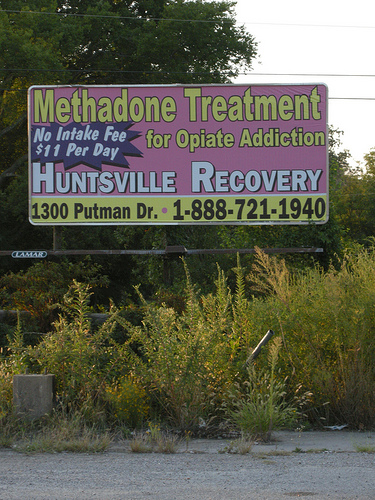
Is Withdrawal From Methadone Really That Bad?
I can tell you that I've talked with people who have withdrawn from heroin and those who have withdrawn from methadone. What I've learned is that while withdrawal from heroin is no picnic, the withdrawal symptoms last a much briefer time than do those of methadone.
Methadone and the drugs for which it is used to stop addiction affect the pain center of the brain, blocking out pain signals and elevating the neurotransmitter "feel good" chemicals in the brain. When methadone or the drugs it replaces are stopped suddenly, a person's perception of pain intensifies.
Withdrawal symptoms include:
* Severe gastrointestinal distress -- nausea, vomiting, abdominal cramps, diarrhea. These continued symptoms can lead to dehydration.
* Dehydration: Dry mouth, decreased urination, sleepiness, headache, dry skin, thirst, dizziness or feeling lightheaded. Dehydration becomes a medical emergency when fever is present, there is no urination, heart beat/pulse is rapid, breathing is rapid, extreme thirst, skin is very dry -- when pinched, will not immediately bounce back -- sunken eyes, low blood pressure.
* Sneezing, runny nose, tearing of the eyes
* Yawning
* Dilated pupils
* Excessive sweating
* Body tremors
* Body aches
* Irritability
* Inability to sleep
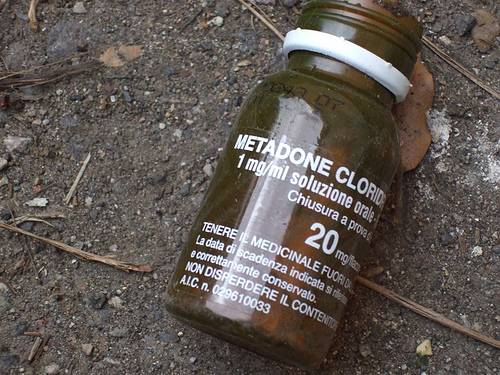
How to Safely and Effectively Withdraw from Methadone Use
Former methadone users and health experts alike agree that the only safe and effective method of stopping methadone use is to taper off the drug a little at a time over a long period of time.
The length of the tapering period will depend mostly on the maintenance dosage you've been taking. Some resources suggest that each decrease in dosage during the tapering never be more than 10 percent of the previous dose, with two to four weeks in between dose reductions.
As the dosage gets smaller and smaller, it should then be reduced by 0.5 mg to 1 mg each time.
Such tapering does not prevent all of the withdrawal symptoms, but it does minimize the severity and gives the brain and body time to adjust to the smaller amount of methadone.
Some clinic offers "blind tapering" meaning that you never know when your dosage has been decreased, so there is less anxiety and less opportunity for you to dread potential withdrawal symptoms, meaning you're likely to be less hyper-vigilant about the symptoms.
A methadone tapering program can take from months to a year or two, depending on the size of the dose you are on when the tapering begins.
The tapering off methadone needs to be overseen by a medical professional.
How to Achieve Success in Methadone Withdrawal
The first and most important factor in your success in tapering off methadone is the willingness and need to change. If you're not ready for the journey ahead, don't begin. It's your motivation to change that will get you through the sometimes rough waters ahead.
Don't be in a hurry. Yes, you'd like to have been off methadone yesterday, but that isn't going to happen realistically. It's going to take time to work the plan. Count on it; plan for it.
Take part in a rehabilitation program while you are tapering down. You need to learn how to change the type of thinking and feeling you had that lead to your initial drug addiction so that you don't go down the same path again.
Talk to other people who have been through similar circumstances. The best way to do this is to join a Narcotic Anonymous group if one is in your area, or at least an Alcoholics Anonymous group.
Eat nutritiously throughout the tapering-off period. You may not always feel like doing so, but it's important to keep up your strength and allow your body to heal itself.
Stay physically active, but don't overdo it. Moderate intensity physical activity and exercise is recommended.
Use but don't over-use your support systems. By this I mean don't wear emotionally wear out those who love and care about you. They will be your support, but not your crutch.
Resources and References
- Methadone Withdrawal Symptoms
Methadone withdrawal symptoms and information about how severe methadone withdrawal symptoms are and how long they last. - Dehydration: Symptoms - MayoClinic.com
Dehydration — Comprehensive overview covers symptoms, causes, treatment of significant loss of your body's fluids. - Methadone Information from Drugs.com
Methadone is used as a pain reliever and as part of drug addiction detoxification and maintenance programs. Includes methadone side effects, interactions and indications.
Disclaimer
This hub is information in nature and not intended to be used in place of or to refute any health/medical advice from a licensed practitioner.


